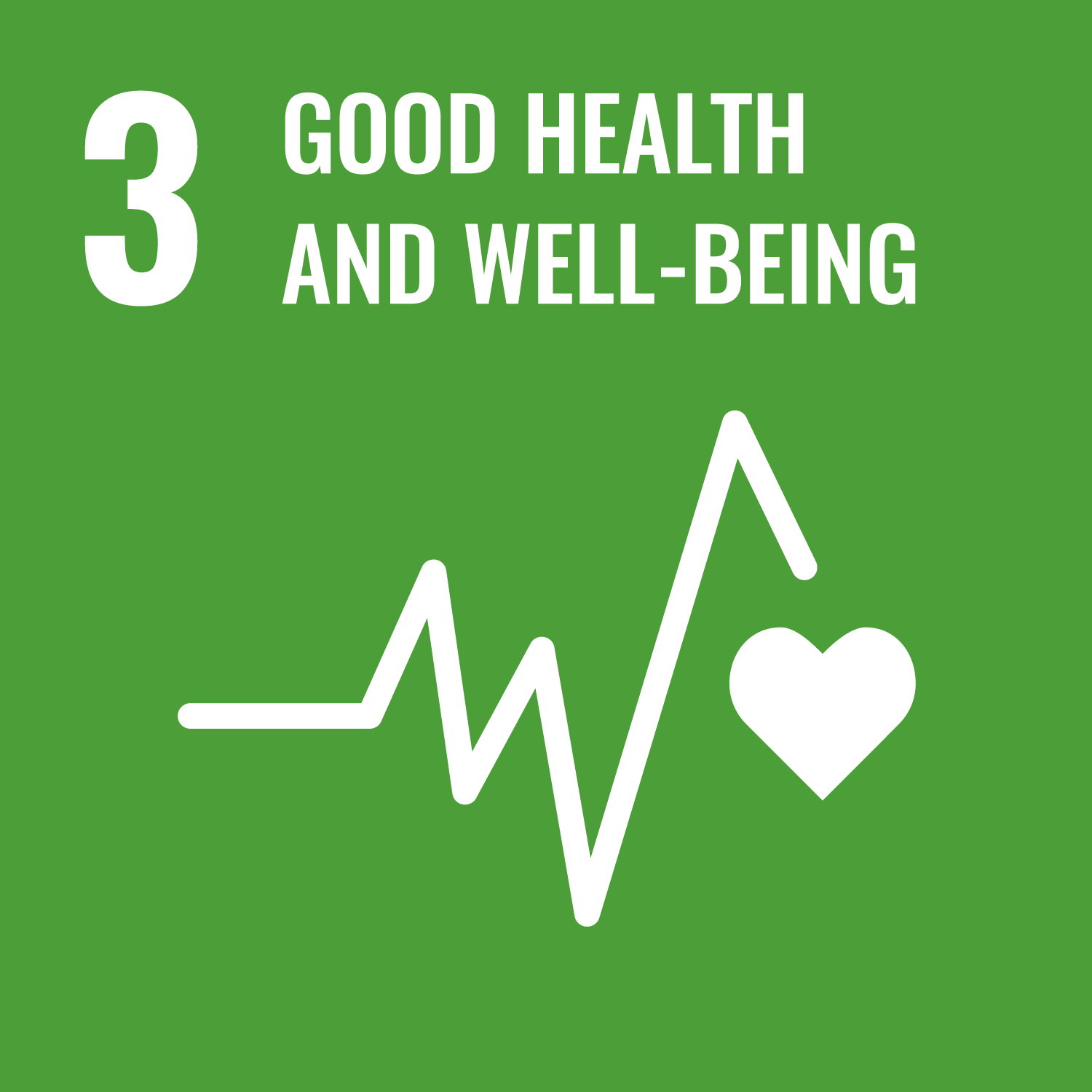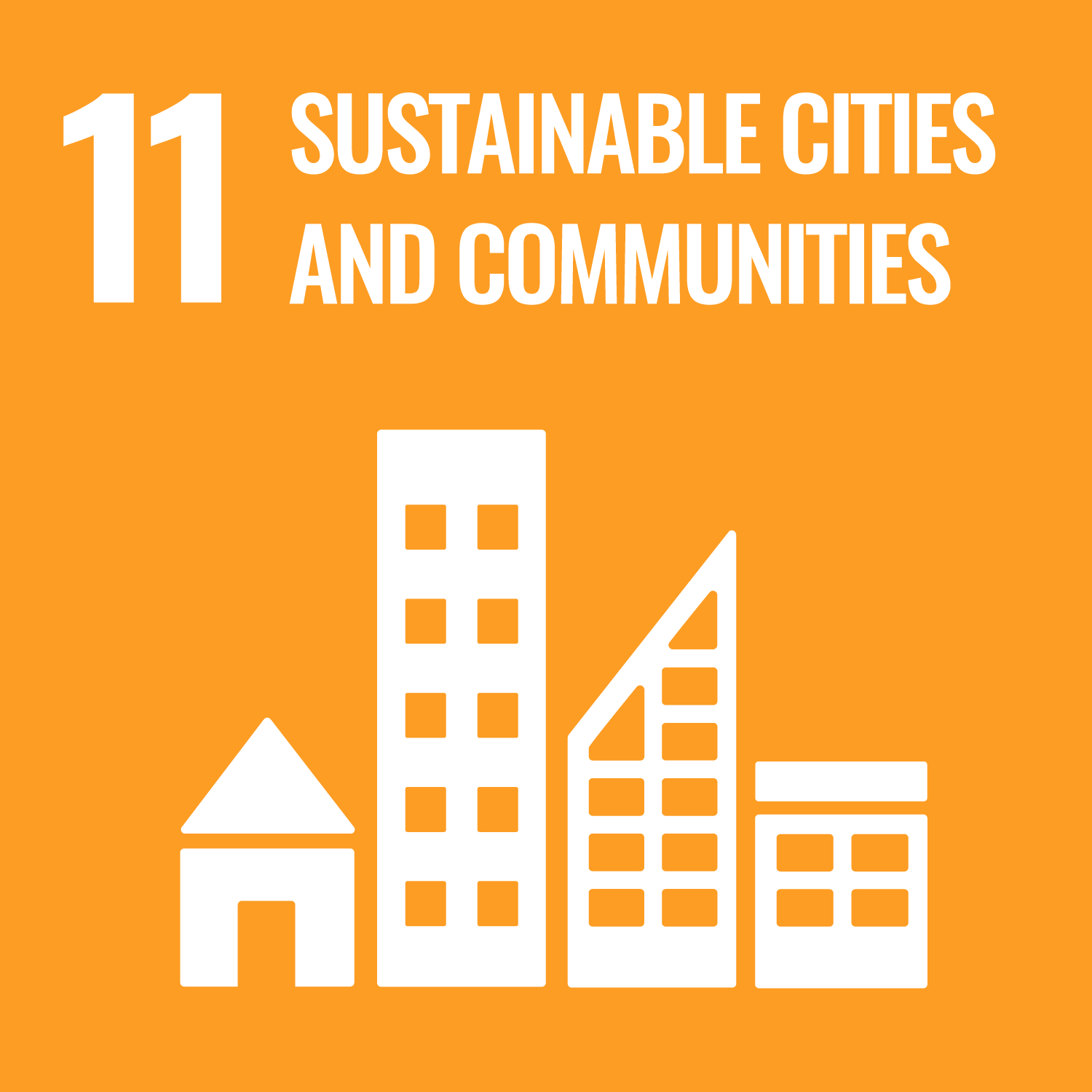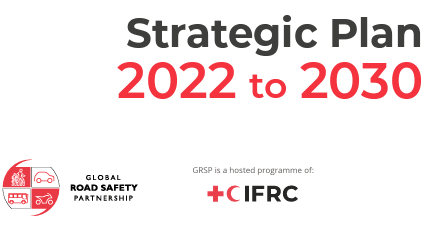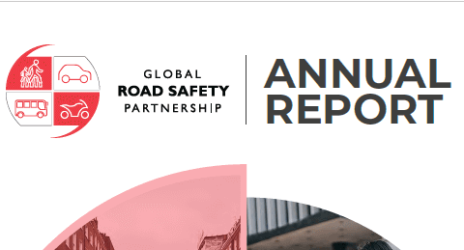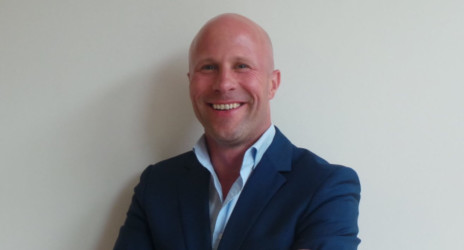A safe-driving tour through the eyes of GRSP Hungary’s new president
In April this year, 40-year-old Balázs Tokár was elected president of GRSP/Hungary. A representative for Shell on the GRSP Hungary board since 2007, he has been involved in a number of joint projects within GRSP, including “Traffic playground” with a mini Shell station that is still operational in Budapest and used by local school classes. “Interestingly,” he says, “when we were opening the playground back in 2008 – a troublesome political time for Hungary – representatives of all opposition parties from the local administration were present at the ceremony. This is proof that road safety does not know political borders and is vital for all who bear social responsibility.” GRSP’s Rita Plotnikova caught up with the energetic and enthusiastic Tokár for an interview about road safety in Hungary.
Road safety in Hungary: what is good and what is missing?
I will speak about the good things first. After road-crash and fatality statistics had been stable in Hungary for several years, in the last three years it significantly decreased and continues to fall – a very positive factor. Before 2008, the number of fatalities was about 1,100-1,200 persons per year; in 2009 – it was 30 per cent lower. Partially we can ascribe this to the economic crisis – fewer people use cars, fewer vehicles on the road, fewer kilometres driven. And yet the tendency is positive.
Another positive factor: there is a growing evidence of stronger law enforcement.
It is also good to see that growing attention is given to road safety prior to the beginning of a school year through big state media campaigns. We can even see volunteers in reflecting jackets in the vicinity of schools helping both the children and the drivers on the neighbouring roads. I like to see that national campaigns against drinking when driving are initiated by civil society, businesses and insurance companies, which reveals a growing common responsibility. There is also a visible change in behaviour of drivers in Hungary. I remember the time when I was almost the only one stopping first before pedestrians – now I see more and more people doing it.
However, the state of Hungarian roads is still poor, with exception of motorways. Winter does a lot of damage on the roads. There is low safety at parking areas. There are problems with trucks carrying dangerous goods. Emergency lanes continue to remain dangerous. We can see some attention to road safety from various sides and bodies, but there is no overall national concept, strategy or policy. Unfortunately, it is not treated at the highest level – not through national laws or an established national organizational structure that would embrace and engage all stakeholders.
GRSP has been in Hungary for six years. Does it make a difference?
Some Hungarians today might not know if you ask them what GRSP is. But practically everyone will know ‘the tomato seat-belt campaign,’ which was conducted by GRSP. The image of the famous poster comes back immediately – the impact of that campaign was quite strong and it works to this day.
I believe that campaigns on road safety should not stop – we need to keep reminding people of dangers and safe solutions and constantly promote safe-driving culture as new generations of both people and cars get on the roads. And there are many issues to address the campaigns to. Helmet wearing is still not obligatory for bicyclists in Hungary. Only 65-70 percent of people in Hungary use safety belts. In France, this figure is 95-98 percent. We should never stop, there must be a continuous process of education, raising awareness, training and refreshment courses or campaigns.
“Put on your seat belt – it will keep your family together” is another sign promoted with support of GRSP at nearly every gas station and parking area – mainly along motorways and supermarkets. The sign is still there and it still does remind and alarm drivers. However seat-belts in the back seat are still a problem!
This global partnership gives us experts and a possibility to spread the information and good practices through publications. GRSP experience outside Europe is of particular interest for us – it helps find new ways and solutions in our own country. During the past five years, GRSP Hungarian association managed to do a lot with our in-country resources and partners’ participation. I think that the new European project SOL (Save Our Lives) will allow GRSP Hungary intensify its development and scope.
What are GRSP Hungary’s main objectives for 2010 and for the Decade of Action for road safety announced by the UN? We think the SOL project will take the lead in the coming few years in road safety in Hungary and in developing partnerships. It is with this project that we start the Decade of Action. The project goes in line with the EU policy to reduce the number of road crashes and fatalities. Although its campaigns will be focused on the city of Gyor in northwest Hungary, it has much wider ambitions for organizational growth, knowledge promotion and development of national and international partnerships.
SOL will take GRSP Hungary to a higher level. It will bring more experts and expertise that will stay in the country. It is not only about money – it is a different level of cooperation. During the last five years, we could do a lot even without additional funding. SOL will make it more diversified and will let us have more impact. It increases knowledge within GRSP – it makes us stronger. Communications and public relations capacities make a substantial part of the project that will help reach wider audiences and further regions.
Road safety – what does it mean in your life?
It has been part of my life at all times only with different level of understanding and responsibility. I remember how I was driving a car when I was 20 and how I do it now – there is quite a difference. And it is not so much the matter of age or practical experience – it is the matter of personal responsibility and safe driving culture.
While working in Shell, particularly in logistics and distribution, my work has always been connected with safety issues, which are on the top of the agenda for the Shell management and staff.
In some areas, Shell has even more strict rules for its staff and contracted partners than the local laws, particularly on the roads. Whether you are a blue- or a white-collar worker – all have to follow the rules and refresh the knowledge and skills in working safety, which for us to a great extent is road safety. Having worked for Shell for 15 years, I know that such an approach, and strict regulations for all, ensure a common safety culture that brings good results in terms of safer lives for all workers.
Balázs Tokár’s top three road safety tips:
- Call on both drivers and pedestrians to slow down and be more attentive and caring about one another, especially at the street crossings and intersections.
- When engaged with road traffic – treat other people the way you would want to be treated. Start any positive change with yourself. If you hate shouting and horns screaming – do not do it yourself.
- Speed is essential. A very famous Hungarian person invited to a Shell event said: “When not speeding, I had more time to think, realize and analyze the situation around me. I could think about others around me. It was fun to be the master of the situation, not vice versa.” I think we need more national heroes speaking to the nation on such subjects and experiences.
